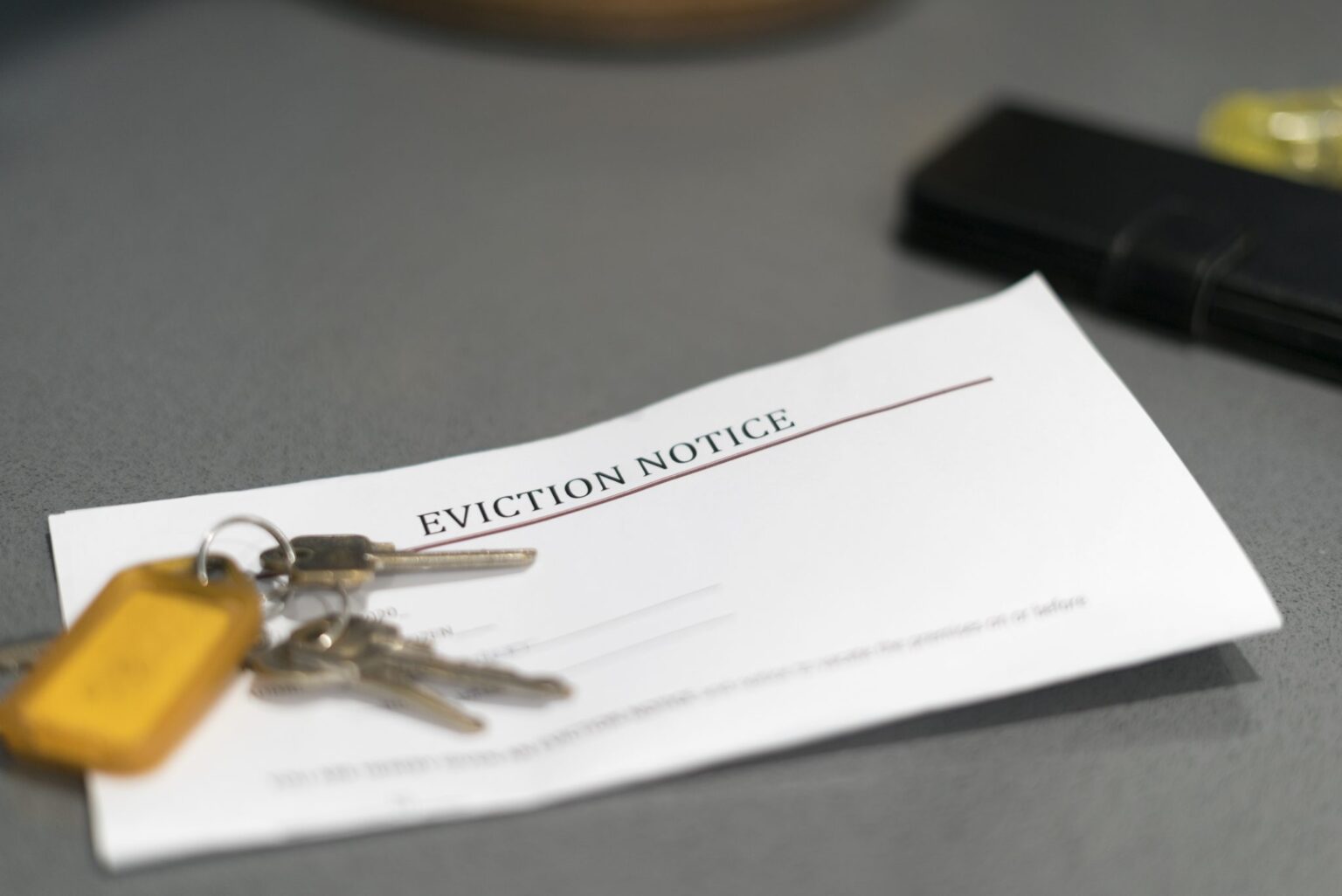Last week the long-anticipated Renters Reform Bill White Paper was published, solidifying the government’s plan to end no-fault evictions, among other proposals.
With around 13 million people in the UK currently renting from a private landlord, last week’s White Paper was eagerly received by many. The outlawing of Section 21 ‘no-fault evictions’ has been on the cards for a long time, with ample levels of both support and criticism from across the market.
Essentially, the Renters Reform Bill is a major sector shakeup supposedly intended to protect both tenants and landlords in the private rented sector (PRS). Its stated objective is to make the sector fairer, and overhauling eviction rules is a major part of this.
What are Section 21 ‘no-fault evictions’?
If you purchase a property investment to let it out, it is necessary to familiarise yourself with the eviction process and options, should you need to oust a tenant at some point in the future. Existing eviction rules still apply, but landlords should keep abreast of the Renters Reform Bill for future change.
A Section 21 notice is a way of evicting tenants without having to give a reason. You can use this either after a fixed term tenancy ends (if there is a written contract), or during a tenancy with no fixed end date (known as a periodic contract.
Landlords must give at least two months’ notice to leave. There are certain scenarios where no-fault evictions cannot be used, such as if it’s less than four months since the tenancy started, or the property is an HMO (house in multiple occupation) but does not have an HMO licence from the council.
The reason this is controversial is that many critics believe it is unfair on ‘good’ tenants, who pay rent on time and don’t create issues and yet can still be evicted with relatively little notice, and for no apparent reason.
On the other hand, many landlords argue that abolishing Section 21 will make repossession of a property extremely difficult in the case of the landlord needing to move back in or sell the property, for example.
Many landlords also opt to use no-fault evictions rather than Section 8 repossession orders, in situations where there are severe rent arrears or antisocial behaviour complaints, because they believe the process is too long and complicated to regain a property.
The new rules
So far, the government hasn’t provided much detail on how new eviction rules will work or exactly when they will take effect. However, to combat the complaint of Section 8 notices being difficult to execute, ministers have promised to overhaul this process, too, as part of the Bill.
In Scotland, no-fault evictions are already banned, so there’s a possibility that England could mimic some of their methods. Landlords in Scotland can evict tenants for 17 official reasons, such as the landlord wanting to move back into the property, or serious rent arrears.
Levelling Up and Housing Secretary Michael Gove said: “For too long many private renters have been at the mercy of unscrupulous landlords who fail to repair homes and let families live in damp, unsafe and cold properties, with the threat of unfair ‘no fault’ evictions orders hanging over them.
“Our New Deal for renters will help to end this injustice by improving the rights and conditions for millions of renters.”
What about landlords?
While much of the focus has been on how the Renters Reform Bill and eviction notice changes will help tenants, it does also promise to give the country’s buy-to-let landlords “greater clarity and support”, which will certainly be welcome.
It promises a private-renters ombudsman, which would aim to settle disputes between landlords and tenants more quickly and more cheaply. The government also promises landlords will be able to efficiently recover their properties from antisocial tenants.
A property portal could also be created to help landlords comply with their responsibilities, and to help tenants understand their rights.
National Residential Landlords Association chief executive Ben Beadle said: “Whilst headline commitments to strengthening possession grounds, speedier court processes and mediation are helpful, the detail to follow must retain the confidence of responsible landlords, as well as improving tenants’ rights.
“We will be analysing the government’s plans carefully to ensure they meet this test.
“A failure to do so will exacerbate the housing crisis at a time when renters are struggling to find the homes they need.”









